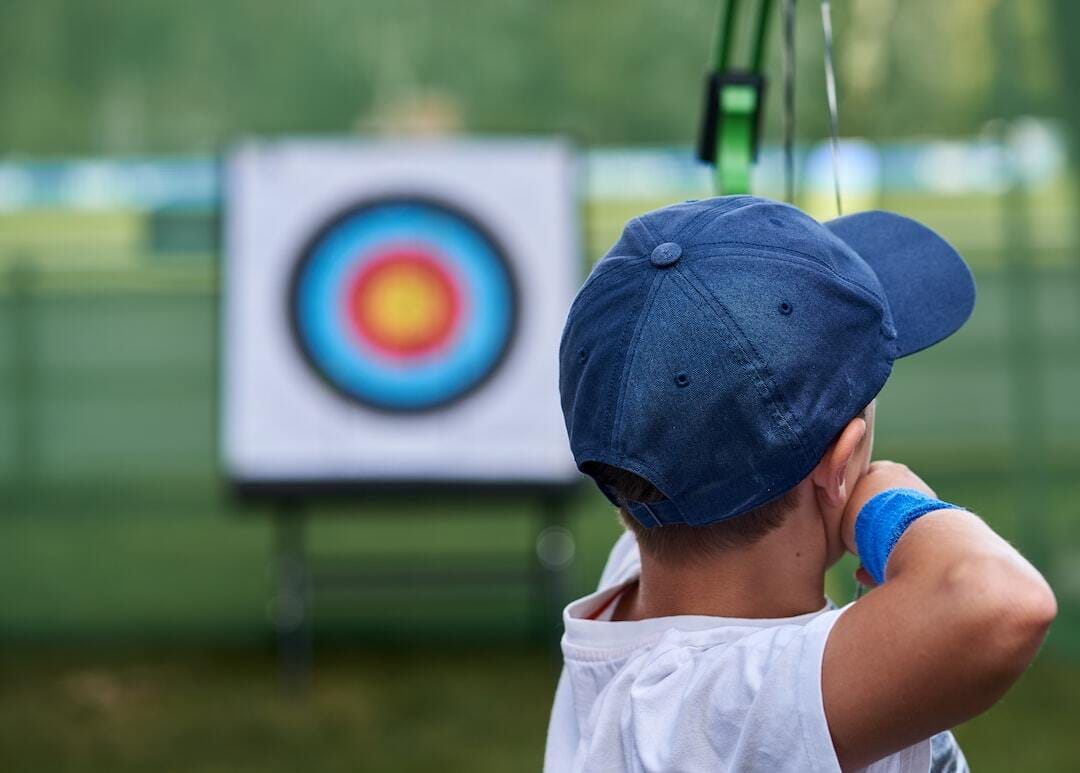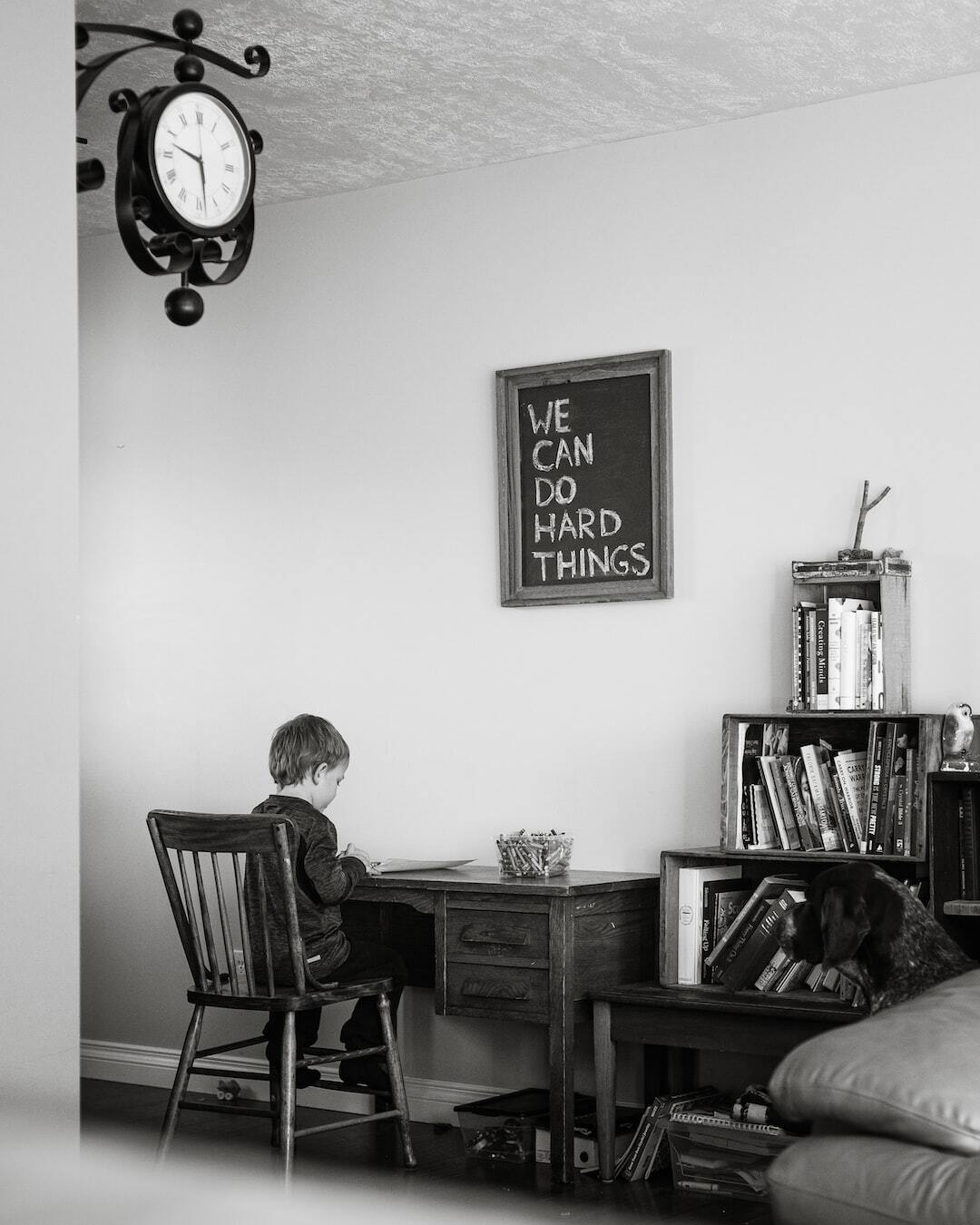Albert Bandura was a social-cognitive psychologist who introduced the theory of self-efficacy in the 1980s.
In a nutshell, self-efficacy is the belief in your own ability to achieve a certain outcome.
“I can do hard things”.
Leaders need high levels of self-efficacy. They must believe it can be done.
Levels of self-efficacy can also predict how disciplined you are with your habits and even how well you perform in your career.

But affirmations are not enough.
Your mind sees through that and calls you out with a less compelling story.
So how do we build out self-efficacy muscles?
1/ Action - the biggest one by far is being intentional with your action. You have to put yourself out there and gain more experience.
Take action.
Being action biased means you move forward first.
If you’re stuck in a rut, stressed or lacking inspiration, action should be your tool.
Take the first step.
Make sure you turn up.
Free Weekly Newsletter Resource

The Boonly is a gift every Sunday for anyone craving a spark of wholesome curiosity, an antidote to "hustle culture", and the permission to rest, relax and enjoy your Sundays.
We always deliver:✅ Curiosity-sparking content✅ Witty insights to nourish your mind✅ Inspiring ideas for perfect Sundaying✅ Refreshing perspectives on well-known concepts
2/ Hard stuff - I am by no means a great presenter or public speaker but I was asked to present on a topic to 50+ people.
This caused me a lot of discomfort and nerves.
My negative self-talk was strong.
I was well out of my comfort zone and had never done something like this before.
I stepped up and executed.
The presentation went very well, and it formed a watershed moment for me.
My confidence in presenting and public speaking rocketed after that.

3/ Repetition - see your belief system as a container which might be only 25% full.
Getting competent at something boosts feelings of agency and confidence, and it can get your belief container almost full.
It’s a serious difference.
It also begins to compound with repeated action.
But like any journey, it will run dry if you don’t continue to top it up with hard things.
So even though you feel super confident in your ability today following a recent win, make sure you continue to move forward and get uncomfortable.
4/ Identity - as you begin to achieve more and try out uncomfortable things at work and in your life your identity begins to shift too.
Moving to “I am a person that can do hard things and achieve my goals”.
This becomes your default belief and these good habits lead to far greater improvement.
Hope this helps
David
Resources Of The Week
YouTube Video - Simon Sinek - How Great Leaders Inspire Action. This is a classic speech from Simon on how leaders inspire action by starting with Why.
Organisation - Toastmasters - Toastmasters is a global education company promoting communication, public speaking and leadership. There are clubs you can join all over the world. Great place to start if you’re looking to improve your public speaking skills.
Book - Atomic Habits by James Clear - James highlights in this bestseller that the real change of those good and bad habits comes from the compound effect of hundreds of small decisions – doing two push-ups a day, waking up five minutes early, or holding a single short phone call. He calls them atomic habits. There is a ton of scientific backed ideas and stories which will help you build habits to improve yourself, your life and the environment you’re creating.
Quote of the Week
“Leadership is lifting a person's vision to high sights, the raising of a person's performance to a higher standard, the building of a personality beyond its normal limitations.” - Peter Druckery
Last week’s issue: Eat a Frog Every Morning